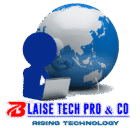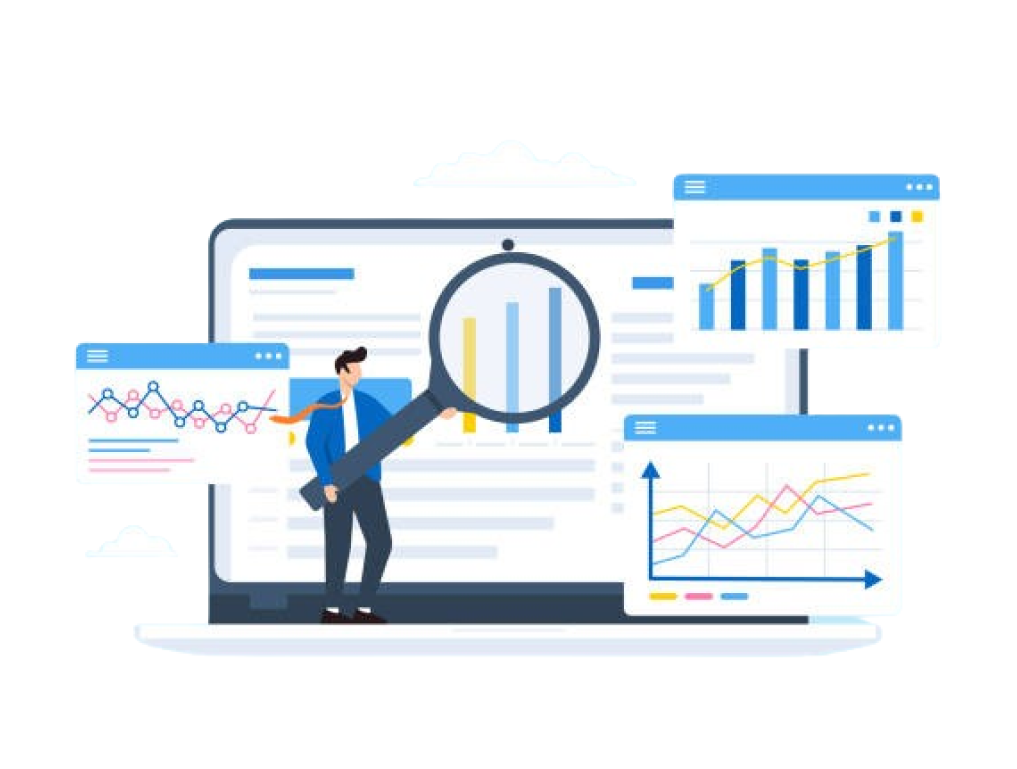
A Digital Library Case Study
Finding the proper information quickly can seem like a difficult undertaking in the vastness of the internet. Nonetheless, search engines have mastered the process of classifying web content so that consumers can quickly locate what they’re looking for. The way a conventional library arranges its volumes is quite similar to this procedure.
Using the library as a case study, we will examine How Online Information is Categorized process for online content in this blog article.
The Library as a Model of Organization
Libraries have traditionally been associated with knowledge and order. In a library, each book is carefully categorized and assigned to a particular shelf according to its subject, author, and title.
This systematic approach allows visitors to quickly find the information they’re looking for. Let’s examine how this conventional approach functions in the digital sphere.
1. Crawling: The Digital Librarian at Work
In a library, a librarian’s first task is to examine and categorize new books before placing them on the shelves. Similarly, in the online world, search engine bots often referred to as “crawlers” or “spiders” act as digital librarians.
How Crawling Works:
- Scanning Websites: Just like a librarian scans new books, crawlers scan websites by following links from one page to another.
- Collecting Data: They gather data from each webpage, including content, keywords, and metadata.
- Indexing: This data is then stored in a massive index, much like a library’s catalog, where it’s organized for easy retrieval.
2. Indexing: The Digital Catalog System
Once the information is crawled, the next step is indexing—the digital equivalent of a library’s catalog system. In a physical library, the catalog is a comprehensive guide to every book in the collection.
Similarly, search engines create an index to store all the information gathered by the crawlers.
Key Aspects of Indexing:
- Organizing Data: Just as a library catalog organizes books by subject, author, and title, search engines categorize web pages by keywords, content quality, and relevance.
- Easy Retrieval: When you enter a query into a search engine, the index helps retrieve the most relevant results, just as a catalog directs you to the right book in a library.
3. Keywords: The Digital Subject Headings
Books in libraries are frequently arranged according to subject headings, making it easier for patrons to locate resources on a certain subject. Keywords serve a similar purpose on the internet.
The Role of Keywords:
- Relevance: When a search engine scans a webpage, it identifies keywords and categorizes the page accordingly.
- Search Results: These keywords are crucial in determining which pages appear in search results. For example, if you search for “digital marketing strategies,” the search engine will prioritize pages that effectively use this keyword.
4. Content Quality and Structure: The Dewey Decimal System of the Web
The Dewey Decimal System is a universal method used by libraries to organize books by subject matter. Online, the quality and structure of content play a similar role.
Content Optimization: Content Categorization
- Headings and Subheadings: Well-organized content with clear headings, subheadings, and concise language is more likely to rank higher in search results.
- User Experience: Just as a well-structured library makes it easy to find books, well-structured web pages enhance the user experience, making content easier to navigate and more accessible.
5. Authority and Trust: The Most Borrowed Books
Popular and widely borrowed books at a library usually take center stage and are included in recommended lists or special displays. Trust and authority function similarly on the internet.
Building Authority:
- Backlinks: Web pages that are frequently linked to by other reputable sites gain authority, similar to how a book recommended by many gains credibility.
- User Engagement: High levels of user engagement, such as frequent visits and social shares, signal to search engines that a webpage is trustworthy and authoritative.
Conclusion: Navigating the Digital Library
The parallels between a traditional library and the digital world offer valuable insights into how online information is categorized. Understanding this process can help businesses and content creators optimize their websites to be more easily found by users.
At Blaise Tech Pro, we specialize in helping you navigate the complexities of SEO. By ensuring that your content is well-organized, relevant, and authoritative, we can help increase your visibility in search results—just as a well-cataloged book is more likely to be found in a library.


